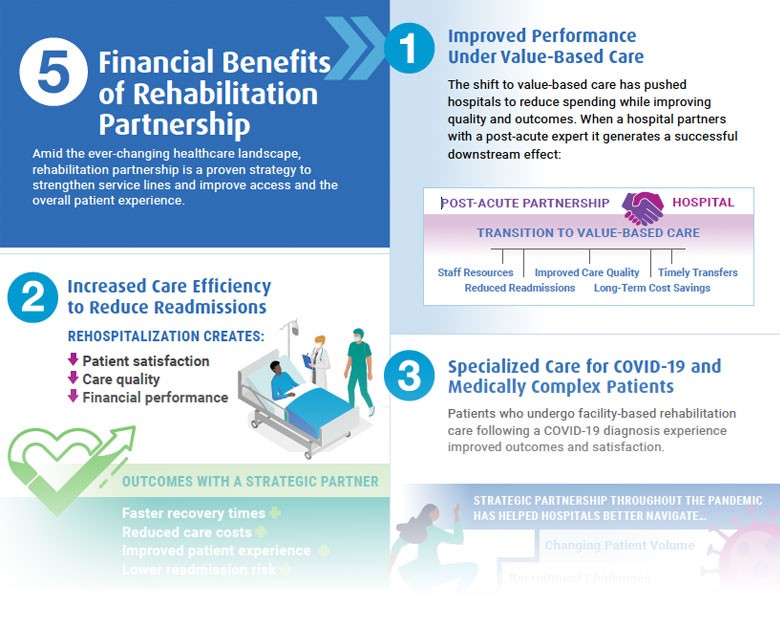The Of Narconon Africa
The Of Narconon Africa
Blog Article
The 45-Second Trick For Narconon Africa
Table of ContentsSome Ideas on Narconon Africa You Need To KnowSome Known Questions About Narconon Africa.The 9-Second Trick For Narconon AfricaThe 20-Second Trick For Narconon AfricaWhat Does Narconon Africa Mean?Excitement About Narconon AfricaThe Single Strategy To Use For Narconon Africa
In a series of papers with Manudeep Bhuller and Katrine V. Lken, we get over these information difficulties and the nonrandomness of imprisonment, using brand-new understandings into just how imprisonment affects recidivism, employment, kids, and criminal networks - Supportive rehab environment. Number 1 Our work research studies the effects of imprisonment in Norway, a setup with two key benefitsWe can better link this information to various other member of the family, including kids and siblings. We have details on co-offending that allows us to map out criminal networks for observed crimes. Second, we can leverage the random job of criminal cases to courts that differ in their propensities to send offenders to jail.
Yet some courts send out offenders to prison at a high price, while others are more lax. We gauge a court's stringency as the typical incarceration rate for all various other instances a court manages, after regulating for court and year fixed effects, which is the degree of arbitrary job. This quasi-random project of court stringency can be used as a tool for imprisonment, as it highly predicts the judge's choice in the present instance, yet is uncorrelated with various other situation qualities both deliberately and empirically.
Narconon Africa for Beginners
Features of detainees, including demographics and criminal offense classifications, are extensively similar in Norway and other countries, consisting of the United States, with the exemptions that the US murder price is much greater, and race plays a larger role there also. What sticks out as different, particularly compared to the United States, is the prison system.
Figure 2In Norway, the ordinary time invested behind bars is a little over 6 months, which resembles most other Western European nations. This contrasts with ordinary US prison time of almost 3 years, which is in big part the reason the USA is an outlier in its incarceration rate compared to the remainder of the globe [Number 1]
The Ultimate Guide To Narconon Africa
This offers far more splitting up between small and solidified criminals than exists in the USA. There is no overcrowding in Norwegian jails and far better personal safety and security, with each prisoner being designated to their own cell and a greater inmate-to-staff proportion than in the USA (https://issuu.com/narcononza12). Jails in Norway also offer well-funded education, medication treatment, psychological health and wellness, and task training programs
Our study on the impacts of incarceration on the wrongdoer, making use of the random assignment of judges as an instrument, yields three vital findings. First, jail time dissuades even more criminal behavior. We locate that imprisonment lowers the chance that an individual will reoffend within 5 years by 27 portion factors and reduces the corresponding number of criminal fees per individual by 10 charges.
Getting The Narconon Africa To Work
We find large reductions in reoffending likelihoods and collective billed crimes even after defendants are launched from prison. Our 2nd outcome is that predisposition due to choice on unobservable specific attributes, if overlooked, brings about the wrong final thought that time spent in prison is criminogenic. If we simply contrast criminal defendants sentenced versus those not imprisoned, we find favorable organizations in between imprisonment and succeeding criminal activity.
This stands in contrast to our analysis based on the arbitrary job of judges, which discovers an opposite-signed outcome. Third, the reduction in criminal activity is driven by individuals who were not working prior to imprisonment. Amongst these people, jail time increases involvement in programs guided at enhancing employability and lowering recidivism, and this eventually elevates work and profits while preventing criminal actions.

Imprisonment causes a 34 portion point rise in participation in task training programs for the previously nonemployed, and within five years their work price rises by 40 percent points. At the same time, the possibility of reoffending within five years is reduced by 46 percent factors, and there is a decline of 22 in the average variety of criminal costs.
A Biased View of Narconon Africa

A probable description for the difference is that Norway's prison system varies noticeably, both in regards to prison-term size and prison conditions, from the US jail system. While comprehending the impacts of imprisonment on the wrongdoer is an essential primary step, catching spillover effects is likewise important for examining criminal justice policy and making efficient prison systems.
Narconon Africa Can Be Fun For Anyone

Common least squares estimates disclose that pop over to this web-site children of incarcerated papas are 1 percentage factor most likely to be billed with a criminal activity, about a mean of 13 percent, and show no effect on institution qualities. Using our court stringency instrument, we find no analytical evidence that a dad's incarceration impacts a kid's very own crime or college grades, but we are not able to rule out modest-sized effects.
Narconon Africa Can Be Fun For Everyone
We define criminal teams based on network web links to prior criminal situations. Our analysis yields three primary searchings for. When a criminal network member is put behind bars, their peers' chance of being charged with a future criminal offense decreases by 51 percentage points over the next four years. Having an older brother put behind bars minimizes the probability his younger bro will be charged with a criminal offense by 32 percentage factors over the next 4 years.
Report this page